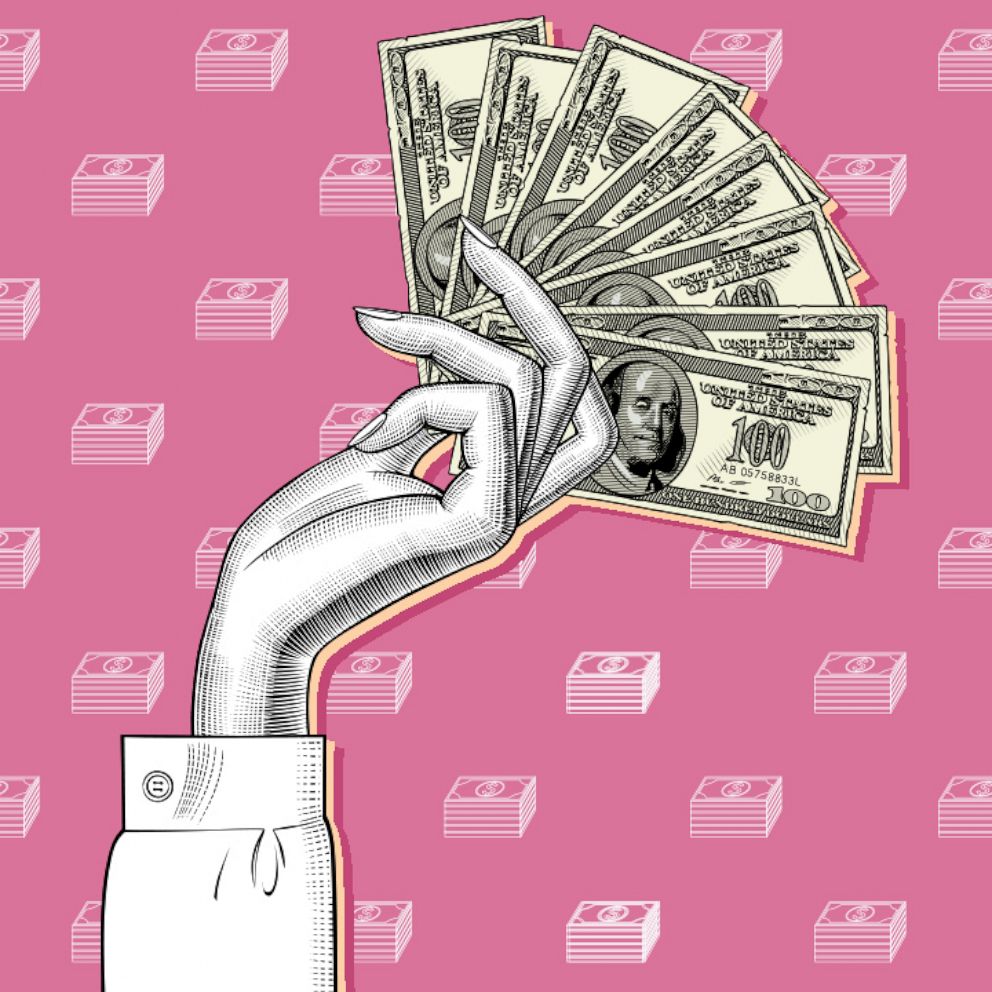Black Women's Equal Pay Day is a reminder of the continuing pay gap
Aug. 22, eight months into the year, is approximately how far into 2019 a black woman must work to earn what a typical white male was paid at the end of 2018, according to the organizers of Black Women's Equal Pay Day.
In other words, it takes the typical black woman around 20 months to be paid what the average white man is paid in 12 months.
Black Women’s Equal Pay Day also comes several months after Equal Pay Day, the day that marks how far into the year an average woman of any race will have to work to earn what an average man earned in the previous year. This year, Equal Pay Day was marked on April 2, three months into 2019.
Black women who work full-time, year-round jobs typically make 61 cents for every dollar paid to their white, non-Hispanic male counterparts, according to the National Women's Law Center, a Washington, D.C.-based organization that fights for gender justice, according to its website.
The pay gap for black women leads to a lifetime loss of nearly $1 million, the National Women's Law Center found.
The pay gap for black women comes more into focus as more and more black women enter the workforce and are the breadwinners for their families. Black women currently make up a majority of the black labor force, with 10.7 million black women in the overall labor force in 2018, according to the Department of Labor (DOL).

The actress Jessica Chastain placed a spotlight on the pay gap for black women in Hollywood when she spoke out last year after learning her costar, Octavia Spencer, who is black, was making less than other actresses, even with her Academy Award for "The Help."
"I knew women of color got paid less than Caucasian actresses," Chastain told The Hollywood Reporter. "What I didn’t know is someone of Octavia’s level, who had an Oscar and two Oscar nominations, how much less she would be getting paid. When she told me what she was making, that’s what really made me go, 'Hold up, that doesn’t compute in my brain.'"
Experts say the pay gap for women overall is a major factor in leading them to, on average, save and invest less than men.
When women do not save and invest for their future, it costs them not only money but also "degrees of freedom," according to Sallie Krawcheck, a former Wall Street CEO who started Ellevest, an investment platform for women.
"It costs us the inability to quit the job we don't love, the inability to leave the relationship that has become abusive, the inability to start the business we've dreamt of," she told "Good Morning America" earlier this year.
Equal pay advocates, including stars like Kerry Washington and Serena Williams, took to social media Thursday to put a spotlight on the disparity for black women using the hashtags #BlackWomensEqualPay and #DemandMore.







